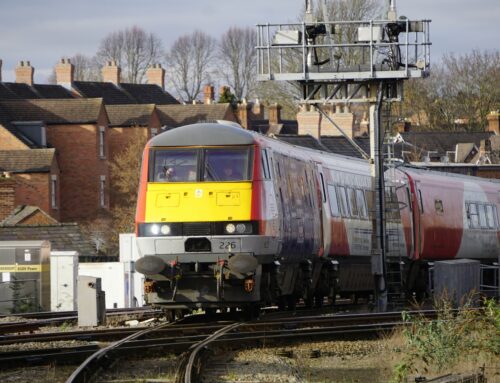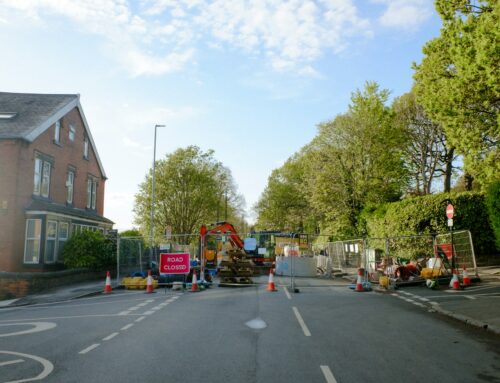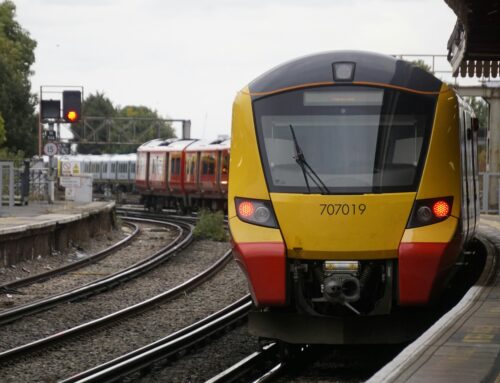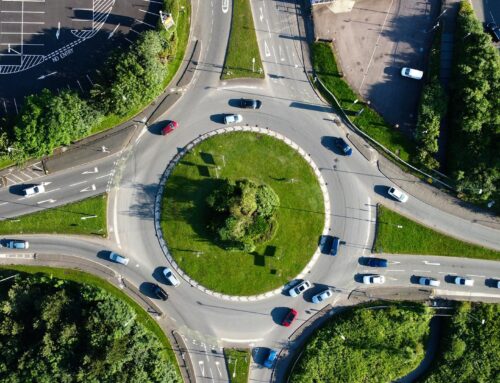It has finally come to pass; on 22nd May, Prime Minister Rishi Sunak confirmed a 4th July date for the next UK general election. And while transport planning and highways infrastructure might not be the first subject that most voters bring up in conversation, there is little doubt about the importance of this policy area for shaping the UK’s future economic prosperity.
So, our transport consultants decided to take a closer look at the transport-related pledges the leading parties made in their manifestoes ahead of polling day.
Having cancelled High Speed 2 (HS2) Phase Two last year, the Conservatives have said they will spend £36 billion of savings from this decision “on transport projects that will benefit more people, in more places, more quickly.”
The party has said that it will invest £4.7 billion for smaller cities, towns, and rural areas in the North and the Midlands to spend on their own transport priorities.
Furthermore, the Tories have pledged to invest £8.3 billion to fill potholes and resurface roads. The party has also committed to delivering the section of Northern Powerhouse Rail between Manchester and Liverpool, and providing £1.75 billion to help boost rail connectivity in the Midlands.
Labour – which has consistently been the heavy election favourite in the polls – has said that it will “maintain and renew our road network, to ensure it serves drivers, cyclists, and other road users, remains safe, and tackles congestion.”
The party has pledged to “fix an additional one million potholes across England in each year of the next Parliament”, paid for by deferring the “poor value for money” A27 bypass.
The transition to electric vehicles would also be supported by a Labour Government, according to the party’s manifesto, which said the rollout of charge points would be accelerated.
Moreover, Labour has vowed to “develop a long-term strategy for transport, ensuring transport infrastructure can be delivered efficiently and on time.”
The Lib Dems, too, have said they would roll out a much greater number of electric vehicle charging points.
They have also stated that they would “significantly extend” the British rail network’s electrification, create new cycling and walking routes, and give more of the roads budget to local councils for the maintenance of existing roads, pavements, and cycleways.
Declaring HS2 a “bloated vanity project”, the Reform UK manifesto has pledged to save £25 billion by scrapping the remainder of it.
The party has also said that it would “accelerate transport infrastructure”, focusing on the coastal regions, Wales, the North, and the Midlands, and improving existing road and rail connections.
The Greens have said that they would invest an additional £19 billion over five years to improve public transport, support electrification, and create new cycleways and footpaths.
Furthermore, the party is campaigning in support of “adopting Active Travel England’s objective of 50% of trips in England’s towns and cities to be walked, wheeled or cycled by 2030.”
Enquire today to your closest Transport Planning Associates (TPA) office to benefit from our transport consultants’ planning and infrastructure advice.





